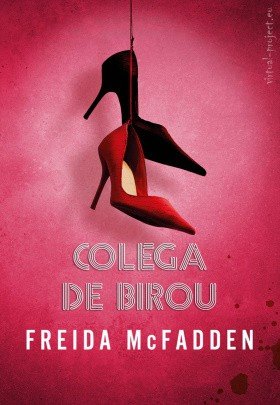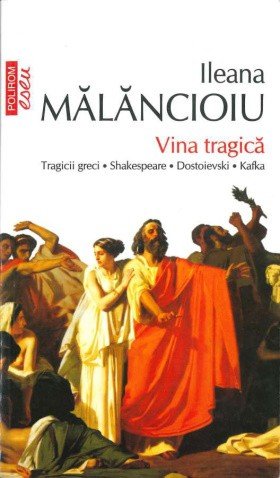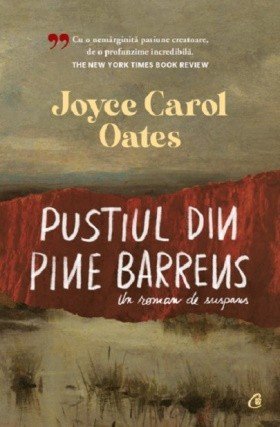By the time Farris and Garth reached the Saltworks, the Sons of Seletoth were already at work tending to the crowds of refugees.
“They don’t waste time,” said Farris, watching as two Humans carried off a wounded man on a makeshift stretcher. “I know now what Argyll sees in them.”
“Obedient, hard-working men who would do anything if they thought it the will of their Lord?” asked Garth. “I thought that much was already obvious.”
“Though some things are less so,” said Farris as he passed a family huddled beneath soiled rags at the side of the road, waiting for their turn to be housed. “Such as, why would the Silverback go to all this trouble to help Humans in need?”
“Because he has the power to do so? Because if he didn’t act, they’d starve and rot outside our walls?”
“No.” Farris dropped his voice to a whisper. “But these are from Point Grey. The same Humans Argyll was willing to trample over with a dozen Reapers and a few hundred-armed fanatics.”
Garth shrugged. “Maybe he had a change of heart. Maybe he took one look at these poor people and decided that they shouldn’t suffer more than they already have. Maybe he realised that our cause isn’t worth the lives of thousands of innocent people.” He leaned towards Farris and placed a hand on his shoulder. “Or maybe this is just part of the same plan as before. What appears to be a huge setback could just as easily be a tiny step in the right direction.”
Farris glanced around the camp. Dozens of Sons were setting up tents, while others formed the crowds into ordered queues with promises of food and shelter.
“I don’t quite follow that reasoning,” said Farris.
“I didn’t expect you to.” Garth smiled and pointed toward a group of villagers huddled in front of a squalid tenement garden. “I’ll start with these. You ask over where they’re being fed. Maybe those with soup in their stomachs will be the first to talk.”
The first hour of questioning didn’t provide much help. Farris gently asked those around him what they saw that night in Point Grey, but he received no clear answers. An old man recounted in detail about how he fled from the town when the fires started, though he never caught a glimpse of the cause. Two young girls said that their father refused his neighbours use of his boat, but the mob overwhelmed him and took it anyway. That was the last they saw of him.
Garth arrived for an update after that, but Farris had little to report. When the other scouts arrived to help with the task, they spread themselves out amongst the crowd, questioning only who that had seen the horde itself. This immediately provided more tangible answers.
“An army of skeletons,” said a broad-chested farmhand. “They swept over the hills and descended on the town without making a sound.”
“Undead,” said another, stouter and drunker than his companion. “That’s what the Church folk here called them. But they looked quite dead to me.”
“Some had flesh,” said a mother cuddling a new-born babe against her chest. “But it was rotting and stinking, hanging off their bodies like rags.”
“I saw one,” interjected a young man. “He didn’t look like he was dead for long. Dressed in a green cloak, he was. Like a mage. But he didn’t use magic, no. He fought with his teeth and his nails, like an animal.”
“Animals?” asked a slim fellow. “There were animals, aye. Horses and mountain sloths, undead like the rest of ’em. I was chased by a dog, and his brains was hanging from a wound in his skull. Gods, mine would have looked like that, too, if it wasn’t for the boats.”
On the minor details, the accounts differed wildly. One particular witness claimed he saw a Human with four arms, each wielding a weapon. Another apparently saw a bear with two heads, but Farris discounted that based on the thick smell of thainol on the lad’s breath.
The numbers varied, too. Some put them at a hundred, others as much as a thousand, and everything in between. Farris was just about to give up hope of gaining any kind of workable insight into this threat, when one consistent detail emerged.
All those who witnessed the horde claimed that it moved in a coordinated manner, as if led by single person. Some even went as far as to say they saw such a leader.
“A woman,” said one witness. “A beautiful woman with tattered, black wings spread out from her shoulders. If death had a physical form, it would be that.”
“No,” said another. “I saw her, and she was half woman, half crow. Her body was covered in black feathers, but instead of a face, she had a crooked beak. And great talons instead of feet….”
“A wicked old crone! Her eyes lit up the night, and when she shrieked, the dead responded, like children would to a mother.”
“She was ten feet tall, and darkness oozed from her skin.”
“She was covered in blood, laughing manically as she ran through the massacre.”
“She was a mage. A powerful one, and she walked through fire like it was nothing!”
“She was undead, with skin rotting off her bones.”
“She was dressed all in black.”
“She was as naked as the day she was born.”
“She was my daughter.”
Farris paused.
“Excuse me?” he asked. “Can you repeat that?
The man who had spoken was in a miserable condition. A mud-clad beard consumed most of his face, revealing only a pair of dark eyes almost void of life. His teeth were broken and yellowed, packed into bloodied gums. He could barely stand up straight, slumping drunkenly against an improvised soup-stand.
“I said she was my daughter,” he slurred. “She was my daughter, and I abandoned her.” He fell forward, grasping Farris by both shoulders.
“Morrígan,” he said. “Her name is Morrígan.”
Chapter 20:
Answers
To His Lordship, Earl Carríga of Rosca Umhír,
Point Grey has fallen, and the Clifflands lie in ruin. The enemy is descending on Ardh Sidh, and I fear that the city won’t hold.
King Diarmuid had it on good authority that the Simians of Penance were planning an attack, and I do not doubt His Grace’s council. But this enemy is unlike anything we have faced before. Thousands of dead bodies, strung up and marching like puppets. If there is a way to defeat them, I am at a loss as to where to begin.

























